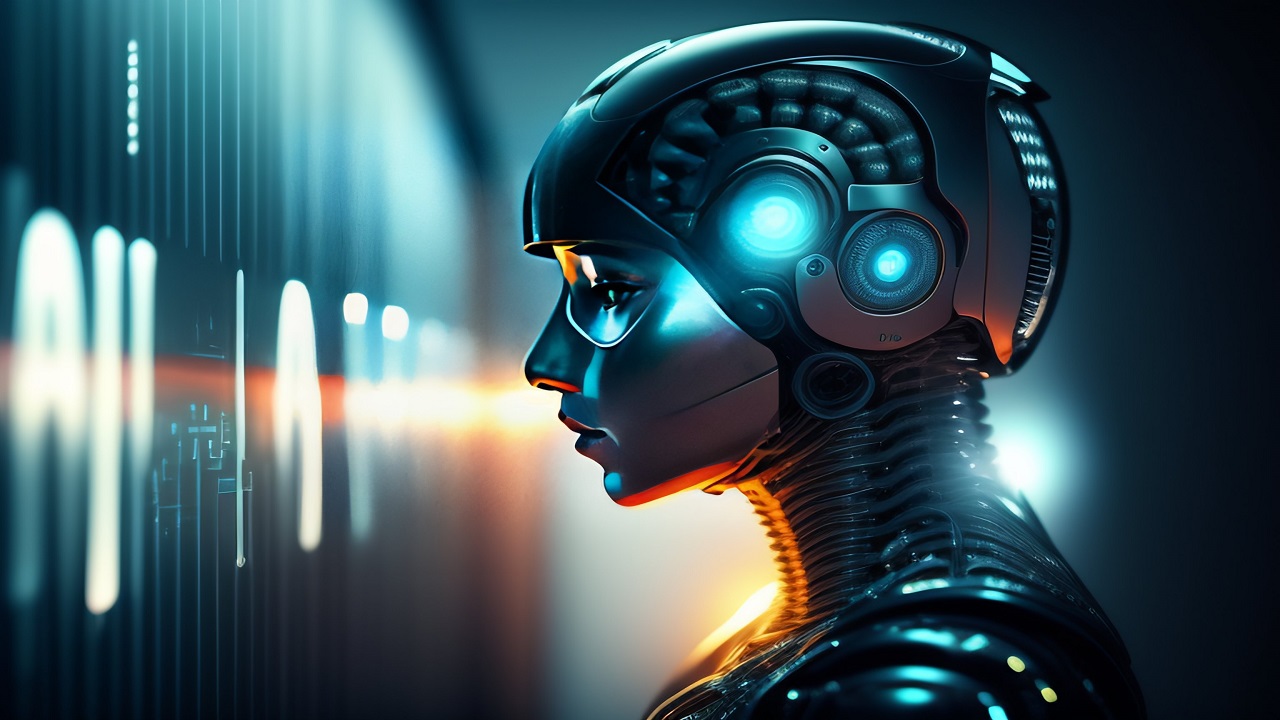The Power of AI: Transforming the Way We Live and Work
The power of AI is transforming the way we live and work in profound ways, from automating tedious tasks to revolutionizing healthcare. AI is making our lives easier and more efficient, but there are also concerns about its impact on society, such as job displacement and privacy concerns. To ensure that AI is used ethically, transparency and accountability are key. Governments and companies can invest in training programs to help workers acquire the skills needed for the jobs of the future. By prioritizing these efforts, we can harness the power of AI to create a better world for all.

Artificial intelligence (AI) is transforming the way we live and work. From chatbots to self-driving cars, AI is becoming ubiquitous in our lives. It is changing the way we communicate, how we work, and how we solve problems. In this blog post, we will explore how AI is transforming the way we live and work, and its impact on various industries.
First and foremost, AI is transforming the workplace. AI-powered tools are being used to automate repetitive and tedious tasks, allowing humans to focus on higher-level tasks that require creativity and critical thinking. For example, in customer service, AI chatbots can handle routine inquiries, freeing up human agents to deal with more complex issues. Similarly, in manufacturing, robots can be used to perform repetitive tasks, leaving humans to focus on tasks that require manual dexterity and problem-solving skills.
AI is also changing the way we work. With the rise of remote work, AI-powered tools are becoming essential in facilitating communication and collaboration between team members who are not in the same location. Video conferencing tools with built-in AI can automatically transcribe conversations and even provide real-time translations. AI-powered project management tools can also help teams manage their workloads more efficiently, automatically prioritizing tasks and allocating resources.
In healthcare, AI is transforming the way we diagnose and treat patients. Medical imaging technologies, such as MRI and CT scans, generate vast amounts of data that can be analyzed by AI algorithms to detect patterns and anomalies that human experts might miss. This can lead to more accurate diagnoses and more effective treatments. Similarly, AI-powered chatbots can be used to triage patients, providing them with initial diagnoses and advice on whether they need to see a doctor in person.
AI is also being used to improve education. Personalized learning, where students learn at their own pace and receive tailored feedback, is becoming increasingly popular thanks to AI-powered educational tools. These tools can analyze students' performance and provide them with customized learning materials that are tailored to their individual needs. This can lead to better academic outcomes and a more engaged student body.
AI is also transforming the way we interact with the world around us. Smart home devices, such as voice assistants and smart thermostats, are becoming more common, allowing us to control our homes with our voices or remotely through our phones. AI-powered cars are also becoming more common, with self-driving cars expected to become the norm in the coming years. These vehicles will revolutionize transportation, reducing accidents and freeing up time for drivers to do other things.
In the financial sector, AI is being used to improve fraud detection and provide more personalized financial advice. AI-powered fraud detection algorithms can analyze large amounts of data to detect fraudulent transactions, allowing banks and other financial institutions to prevent fraud before it happens. AI-powered financial advice tools can also analyze a customer's financial data to provide personalized investment advice that is tailored to their individual goals and risk tolerance.
Finally, AI is transforming the way we tackle some of the world's most pressing problems. Climate change, for example, is one of the biggest challenges facing the world today, and AI is being used to help us tackle this problem. AI algorithms can be used to analyze climate data, helping us to better understand the causes and effects of climate change. This can lead to more effective climate policies and a more sustainable future for all.
In conclusion, the power of AI is transforming the way we live and work in ways that are both exciting and profound. From automating tedious tasks to revolutionizing healthcare, AI is making our lives easier and more efficient. However, as AI becomes more prevalent in our lives, it is important to ensure that its benefits are shared equitably and that it is used in a responsible and ethical manner. By prioritizing transparency and accountability, upskilling workers, and having a conversation about the role of AI in society, we can harness the power of AI to create a better world for all.










